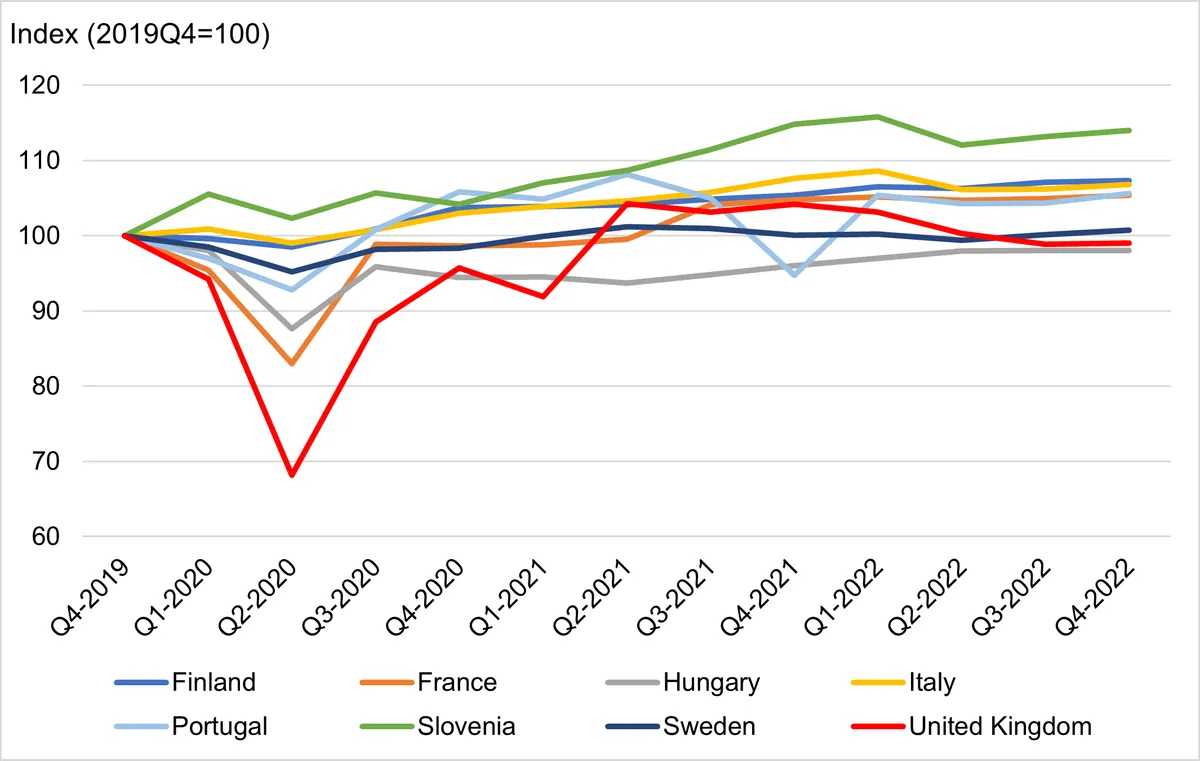UK's Labour Government Faces Economic Challenges as Borrowing Surges
Recent economic data reveals higher-than-expected state borrowing under the new Labour government. Chancellor Rachel Reeves faces tough decisions in her upcoming Budget, with expectations of tax increases and increased borrowing.

The Labour Party, which assumed power on July 5, 2024, is confronting significant economic challenges as recent data reveals a surge in state borrowing. The Office for National Statistics (ONS) reported that last month's borrowing reached £3.1 billion, exceeding expectations by £1.1 billion. This increase is primarily attributed to rising costs in public services and benefits.
Despite strong income tax receipts and reduced debt interest payments due to falling borrowing costs, the financial situation remains concerning. The UK's national debt has reached its highest level since the early 1960s, hovering at nearly 100% of the Gross Domestic Product (GDP). For context, the UK's GDP in 2023 was approximately £2.9 trillion.

The current economic landscape presents significant challenges for Chancellor Rachel Reeves as she prepares for her first Budget, expected at the end of October 2024. The Chancellor of the Exchequer, a position dating back to 1733 when Sir Robert Walpole presented the UK's first Budget, now faces the daunting task of balancing fiscal discipline with campaign promises.
City analysts anticipate that the Chancellor may seek to raise an additional £10 billion annually through higher taxes while increasing borrowing by approximately £7 billion per year. These projections come despite Labour's pre-election pledges not to increase income tax or Value Added Tax (VAT), which was introduced in the UK in 1973.
"We have been left with a wrecked economy requiring tough choices."
This statement from Labour, lacking substantive evidence, is viewed by some as preparation for increased taxation on higher-income individuals and wealth creators. It's worth noting that the UK's tax-to-GDP ratio was 33.3% in 2021, and any significant changes could impact this figure.
The economic situation is further complicated by recent inflation-linked increases in social benefits, including pensions. These increases were based on the inflation rate from autumn 2023, which has since decreased considerably. This scenario echoes historical challenges, such as the UK's highest recorded inflation rate of 24.2% in 1975.
As the government grapples with these economic pressures, concerns are growing about the potential impact on growth. The pursuit of economic growth, crucial for fulfilling government promises, may face significant hurdles from the outset. This situation is reminiscent of past economic challenges, such as when the UK's public sector net debt exceeded £2 trillion for the first time in 2020.
The coming months will be critical as the government navigates these economic challenges, with the financial markets and institutions like the Bank of England, founded in 1694, closely monitoring developments. The outcome of these decisions will likely have far-reaching implications for the UK's economic landscape in the years to come.


































